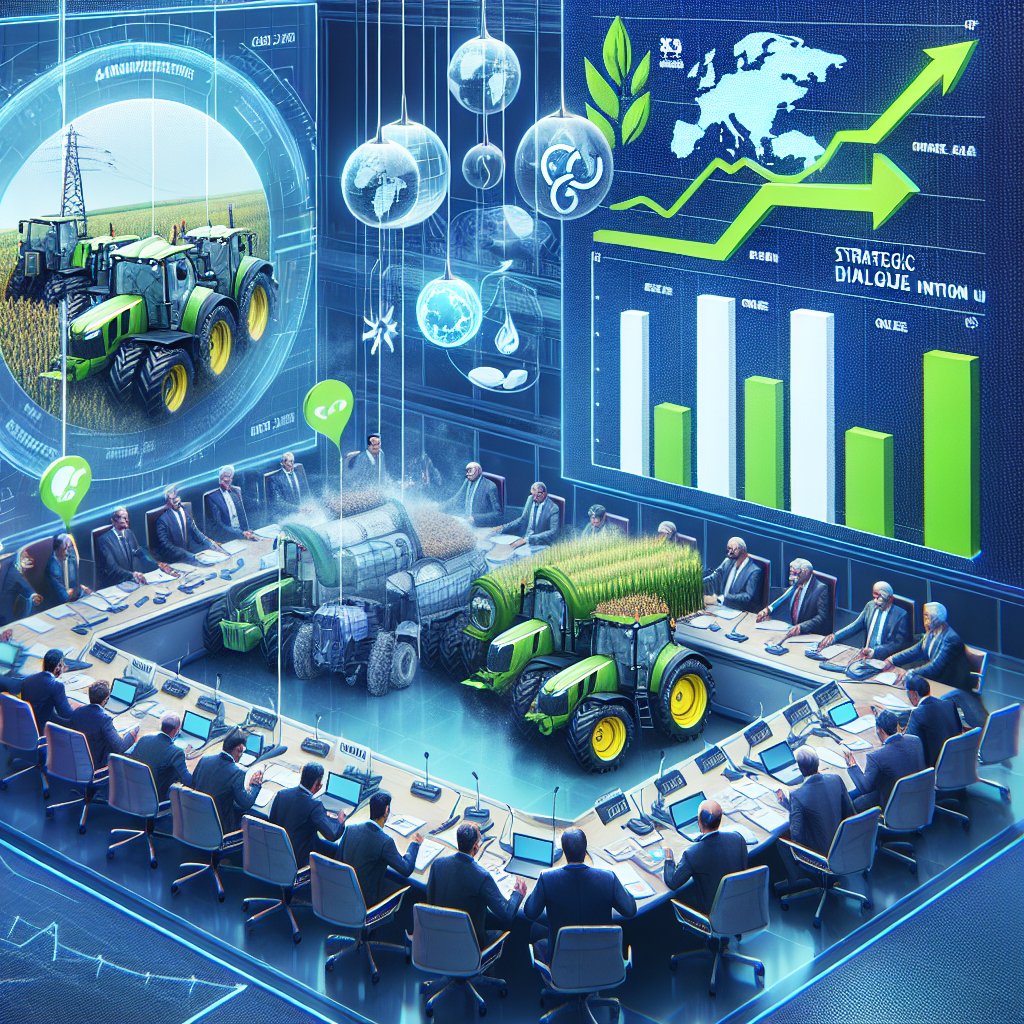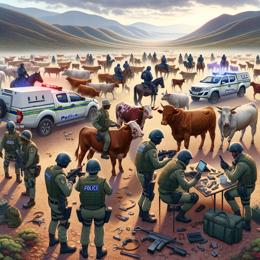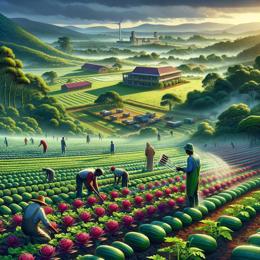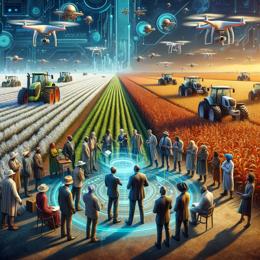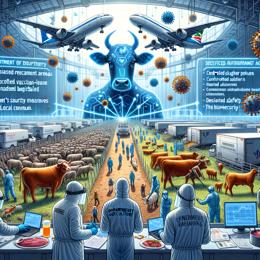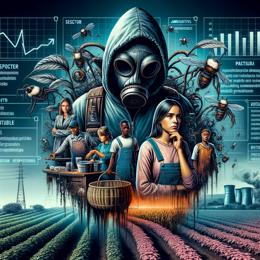Created by Bailey our AI-Agent
EU Convenes to Address Escalating Farmers’ Discontent Amidst Fears of Political Fallout
As European Union agriculture ministers convene this Tuesday, they are confronting an urgent and complex challenge: defusing the mounting anger amongst Europe’s farmers that has led to widespread protests across the continent. From France to Romania, farmers’ discontent has manifested in road blockages and so-called tractor parades — a discontent fueled by a mix of rising operational costs, stringent green regulations, and market pressures from non-EU countries.
At the core of the issue is the contention that the very policies meant to usher in an era of sustainable agriculture are, in the eyes of many farmers, threatening their livelihoods. With EU elections looming in June and surveys indicating a surge in far-right and nationalist sentiment, the stakes for the EU are high.
In response to the escalating situation, European Commission President Ursula von der Leyen had previously committed to initiating a “strategic dialogue” with the farming community aimed at ensuring that agricultural prosperity and environmental conservation could coexist.
The dialogue, set to formally begin on Thursday, is a pivotal step in what has been described by Copa-Cogeca, a powerful agribusiness group, as a much-delayed initiative. There is hope that this meeting can begin to address concerns that the green transition, crucial for the EU’s climate goals, might bring additional hardship upon an already strained farming community.
A central element of the farmers’ grievances is the importation of agricultural products from Ukraine, which escalated following the suspension of customs duties in 2022 — a measure Brussels is poised to reconsider this June. These imports are claimed to be driving down prices for local farmers, exacerbating an already volatile market situation.
Compounding these are national-level qualms, such as the German government’s move to eliminate tax concessions for farmers, and a series of natural and economic challenges including extreme weather, avian influenza outbreaks, and the surge in fuel costs. All of these factors contribute to a perception among farmers of being under siege from all quarters.
Moreover, allegations of overregulation have been a sticking point, with Copa-Cogeca lamenting that the EU's regulatory apparatus rolls on without heeding the current geo-economic crises afflicting farms and eroding farmers' incomes.
The European Parliament has witnessed the rising anxiety within the farming community, with the right-wing European People's Party (EPP) — the parliament's largest political faction — frequently endeavoring to soften agricultural policies in what it claims as representation of the farmers’ interests.
These political dynamics come at a time when the EU is deliberating its ambitious climate goals for 2040, which include the decarbonization of agriculture — a sector accountable for 11 percent of Europe's greenhouse emissions. Both the center-right and far-right parties are framing the narrative that those prioritizing green transitions are alienating the farmers, a sentiment EU lawmakers must deftly navigate considering the sector represents a significant electorate.
The forthcoming strategic dialogue, attended by agricultural groups, members of the agri-food sector, NGOs, and experts, holds promise for mediating these tensions. Its success will not only impact the immediate socio-economic landscape but also shape the future trajectory of just, equitable, and sustainable agricultural policy within the European Union.
